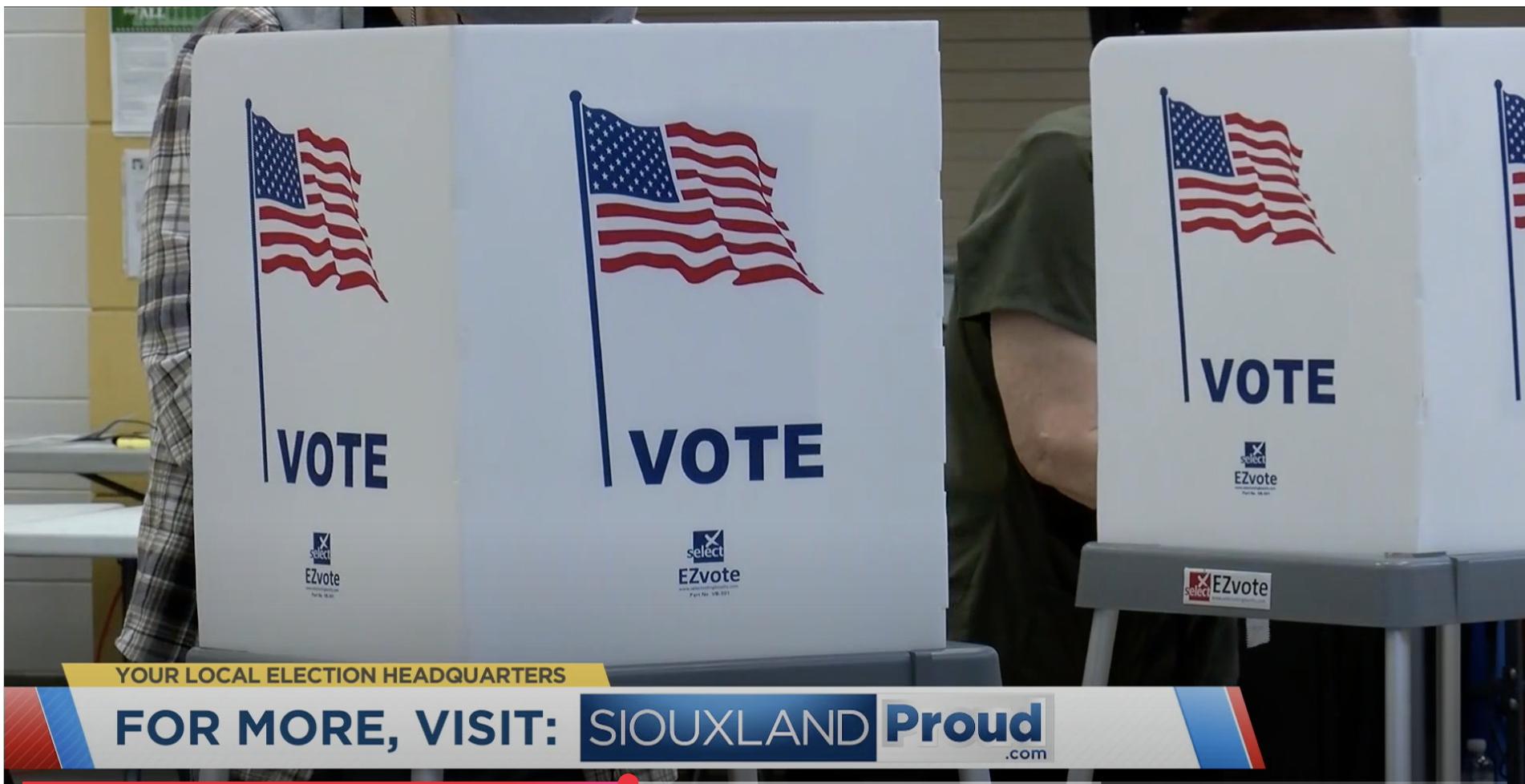NC County Board Knowingly Certified Votes Of 7 Dead Voters
The Rowan County Board of Elections in North Carolina recently certified votes from seven deceased individuals, dismissing a protest to revoke their ballots. The board, led by Elections Director Sharon Main, determined that the ballots could count based on their interpretation of the eligibility law, which suggests that a voter must be alive when casting a ballot, rather than on Election Day itself. This situation arose because the individuals had voted during early voting or absentee voting before passing away. Republican candidate Judge Jefferson Griffin filed a protest regarding multiple voter issues in the state, highlighting that these deceased votes could potentially affect the outcomes of upcoming elections. Critics argue that being alive is a fundamental requirement for voting, and state law stipulates that election officials must remove deceased voters from the rolls upon confirmation of their death. Despite this, the Rowan County board decided that the timing of when the ballots were cast was more relevant than the date of death, raising concerns over the interpretation of laws governing voter eligibility.
North Carolina’s Rowan County Board of Elections knowingly certified the votes of seven deceased voters on Tuesday, rejecting a protest to have their ballots removed from the final tally.
The fact that these individuals were dead was not in dispute. Rather, board members ultimately decide that the ballots would count in the 2024 election based on their “interpretation” of the law that governs voter eligibility, Rowan County Elections Director Sharon Main told The Federalist.
The voters in question had cast ballots either during early voting or via absentee voting prior to Election Day but had passed away after casting ballots and before Nov. 5, which could theoretically disqualify their votes. The controversy highlights one of the glaring problems with having a season of voting instead of a single day to hold an election. In recent memory, before elections took place over a period of months, none of the individuals at issue would have been able to vote because they passed away before Election Day.
The board “voted to dismiss the protest because it failed to show substantial evidence that any violation, irregularity, or misconduct sufficient to cast doubt on the results of the election had occurred,” Main explained. “It goes back to the interpretation of the law, because it talks about the eligible voter, and that’s what my board was hinging it on.”
Judge Jefferson Griffin, the Republican candidate for the state Supreme Court race, filed protests alleging multiple voter issues across the state. On election night Griffin was winning by about 10,000 votes, but his lead turned into a deficit in the 9-day period after Election Day in which North Carolina accepts overseas ballots and approves provisional ballots.
At the time of his filing, the margin was 625 votes, but other protests Griffin and others have filed would have a statewide impact sufficient to overcome the current losing margin if successful.
For the seven deceased voters, Griffin’s protest cited state law, arguing that “North Carolina law conditions eligibility to vote upon being alive on the date of the election. … Therefore, a ballot cast by absentee-by-mail or early voting is only valid if the voter is still alive and otherwise eligible to vote on election day. If a person casts a ballot but dies before election day, the ballot should be challenged by the board or elections staff.”
The statute cited appears somewhat vague on the issue and does not explicitly say that someone must be alive on Election Day in order to have his vote count. But the requirement to be alive, Jim Womack, president of the North Carolina Election Integrity Team (NCEIT) told The Federalist, should be an obvious reading of the law.
“It’s a cop-out when they say that there’s a different interpretation of the law. The law actually is very clear that you have to be a living human being to vote,” he explained. “It doesn’t say you have to be alive on election day, but it says in order to be an eligible voter, it gives you a list of the conditions — you’re technically not a citizen of the United States when you’re dead, and that’s probably the best way to interpret it.”
“There’s some things that just go without saying, like, in order to be alive, you have to be breathing, right?” Womack continued. “There’s some things that you just don’t put into statute because it’s just not necessary — it’s frivolous. But sometimes you get these left-wing lawyers … [who] contort the intent and the spirit of the law to suit their needs.”
State law does require county election officers to remove dead voters from the rolls within one week of receiving eligible proof of death of the voter.
Womack said that most counties will remove voters like the seven in question without controversy. He said his organization has successfully filed challenges to similar voters and obtained unanimous rulings to remove them, adding that North Carolina law requires that all absentee and early ballots in the state must be traceable for contingencies like death, felony convictions, and other issues that would invalidate a person’s vote.
Main said, however, that the Rowan board decided to interpret the voter eligibility based on when the ballot was cast, not when the election actually took place.
“It was hinging more on the fact that these voters were alive and well when they cast their ballot and pass away after — their date of death was after their actual ballot was cast, and that was what the weighted discussion got into, and that’s what led to this motion,” she said. “So they didn’t feel like the results would be impacted, leaving the seven voters ballots in the count.”
A similar issue popped up in Wake County earlier this month, where officials there decided to allow the votes of three deceased persons, while throwing out 42 others who had cast ballots and then died before Election Day.
In the Wake County case, the Democrat-run North Carolina State Board of Elections (NCSBE) sent counties a memo advising them to reject these kinds of ballots, according to WRAL, citing court precedent. NCSBE spokesman Patrick Gannon refused to provide the memo to The Federalist, however, saying that he could not “comment” on the Rowan County case because it may come before the state board.
On Tuesday, the NCSBE officially certified the election results. Recounts are ongoing in several races, including Griffin’s state Supreme Court contest, and the board left open the possibility of successful protests in these races.
Breccan F. Thies is an elections correspondent for The Federalist. He previously covered education and culture issues for the Washington Examiner and Breitbart News. He holds a degree from the University of Virginia and is a 2022 Claremont Institute Publius Fellow. You can follow him on X: @BreccanFThies.
" Conservative News Daily does not always share or support the views and opinions expressed here; they are just those of the writer."





Now loading...